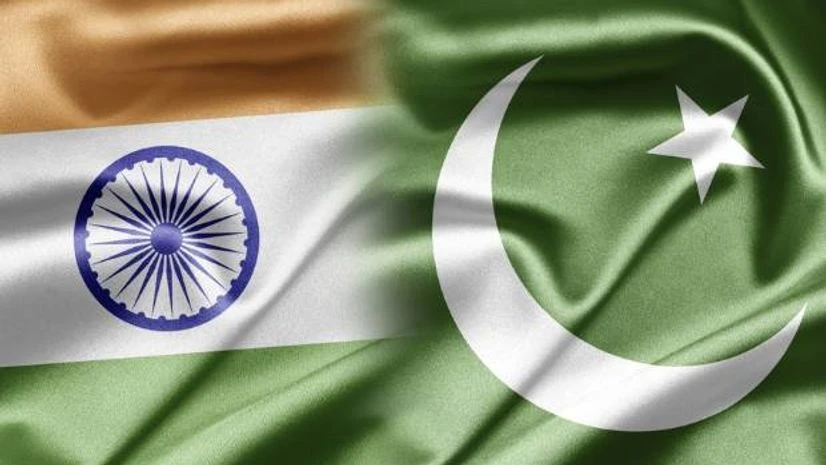India and Pakistan on Wednesday decided to resume their stalled composite dialogue.
The two named the latest sequel to their intermittent dialogue, encompassing all bilateral issues from Jammu and Kashmir to terrorism, a "comprehensive bilateral dialogue".
External Affairs Minister Sushma Swaraj and her Pakistan counterpart Sartaj Aziz met in Islamabad on the sidelines of a conference on Afghanistan. The two later held a joint press conference to announce the latest twist in the vexed relations of the sub-continental neighbours and issued a joint statement.
More From This Section
Swaraj also said Prime Minister Narendra Modi would visit Pakistan in 2016 to attend the Saarc (South Asian Association for Regional Cooperation) Summit. She will on Thursday make a detailed statement in Parliament on the renewed India-Pakistan dialogue.
The issues to be discussed are: Peace and security, confidence-building measures, Jammu and Kashmir, Siachen, Sir Creek, Wullar Barrage/Tulbul Navigation Project, economic and commercial cooperation, counter-terrorism, narcotics control, humanitarian issues, people-to-people exchanges and religious tourism.
In a joint statement on Wednesday, Swaraj and Aziz "condemned terrorism and resolved to cooperate to eliminate it". The statement hailed the "successful talks on terrorism and security related issues in Bangkok" by the two National Security Advisors (NSAs) on Sunday, and said the NSAs would continue to address all issues connected to terrorism.
Before her meeting with Aziz, Swaraj met the Pakistan PM. She also addressed the conference on Afghanistan and said it was time India and Pakistan displayed "maturity and self-confidence" to do business with each other and strengthen regional trade. "The entire world is waiting and rooting for a change. Let us not disappoint them," she said.
The development, in the context of the renewed threat of terrorism after attacks in Paris and Pakistan's accountability in nursing terror groups, would be keenly watched in world capitals.
New Delhi's decision to engage with the civilian government in Islamabad will also empower the Nawaz Sharif government to deal with Pakistan's deep state.
India's willingness to revive the dialogue has, however, come about without Pakistan having failed to address India's concerns on its failure to take any steps to dismantle the terror infrastructure within its territory.
The latest development indicated both sides have decided to forget their recent acrimony over cross-border firings. Asked about the "big change" for India to resume the dialogue, the Indian side said the meeting of the two NSAs in Bangkok on Sunday was constructive and Pakistan showed that it understood India's concerns over the Mumbai attacks' trial.
Initiated in the mid-1990s, the India-Pakistan talks were called "composite dialogue", which India severed after the 26/11 terror attacks in Mumbai in 2008, and later "comprehensive dialogue" or "resumed dialogue".
Wednesday's joint statement said the foreign secretaries would work out the modalities and schedule of the meetings under the dialogue, which will cover issues that were part of the earlier ones too.
Domestically, New Delhi might be accused of a U-turn in its Pakistan policy. It had refused to allow Aziz meet with Hurriyat leaders during a proposed visit to New Delhi for the National Security Advisor-level talks in August. Islamabad had cancelled the talks on the eve of the visit.

)
